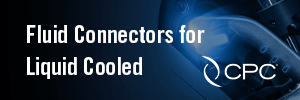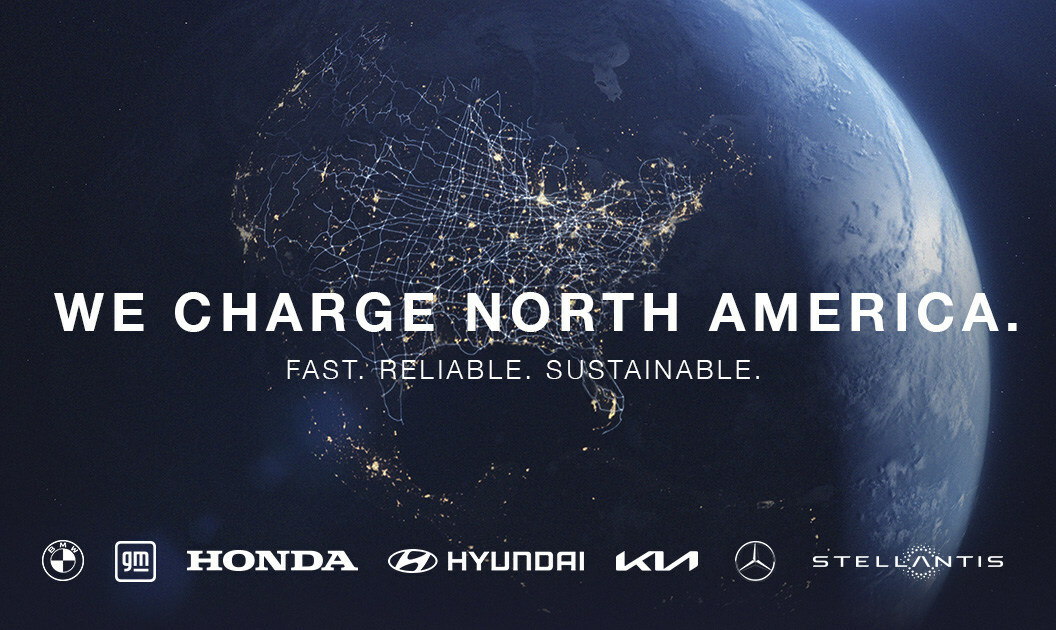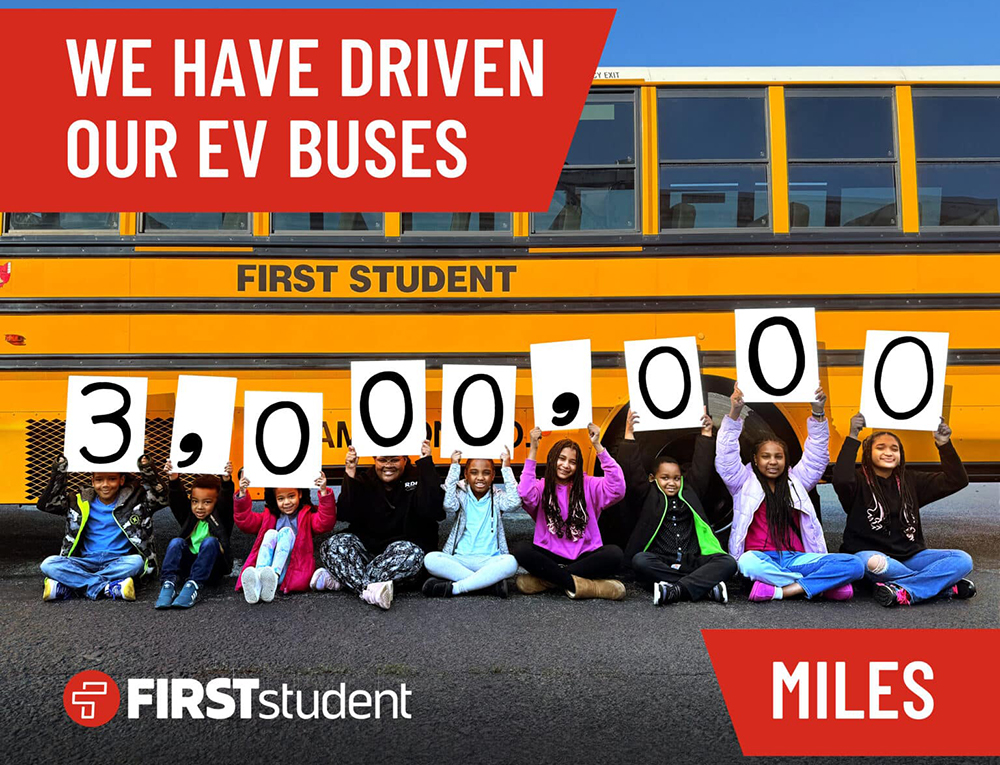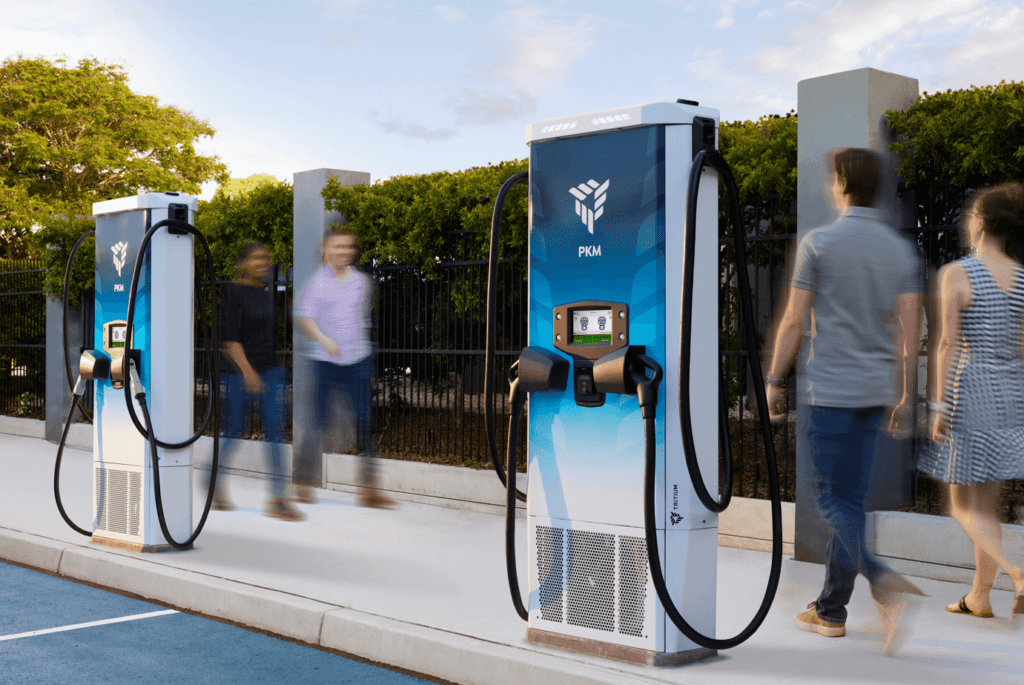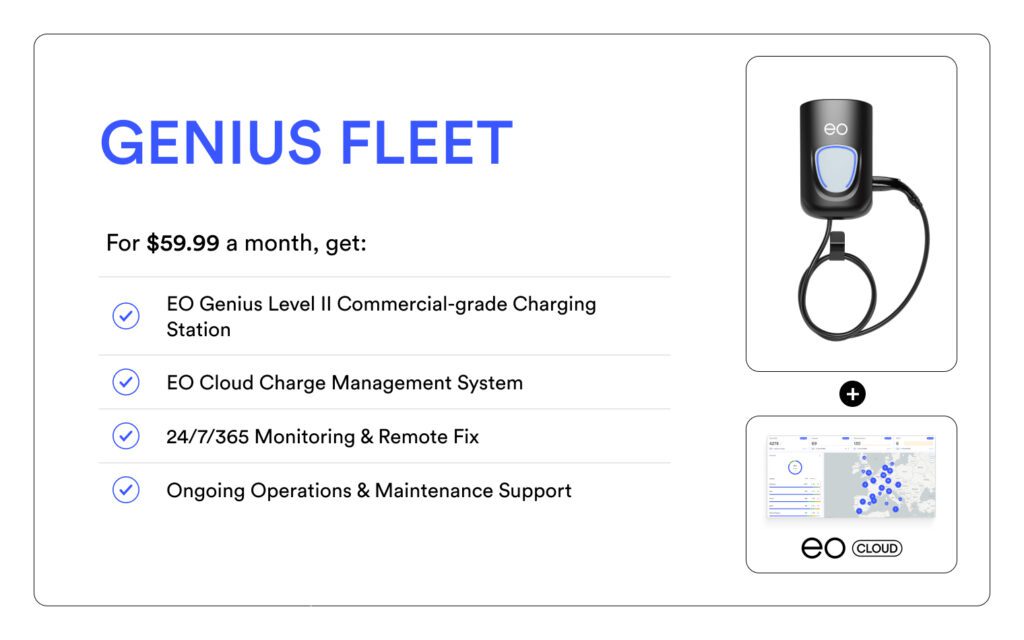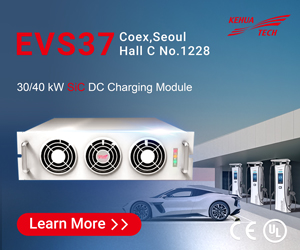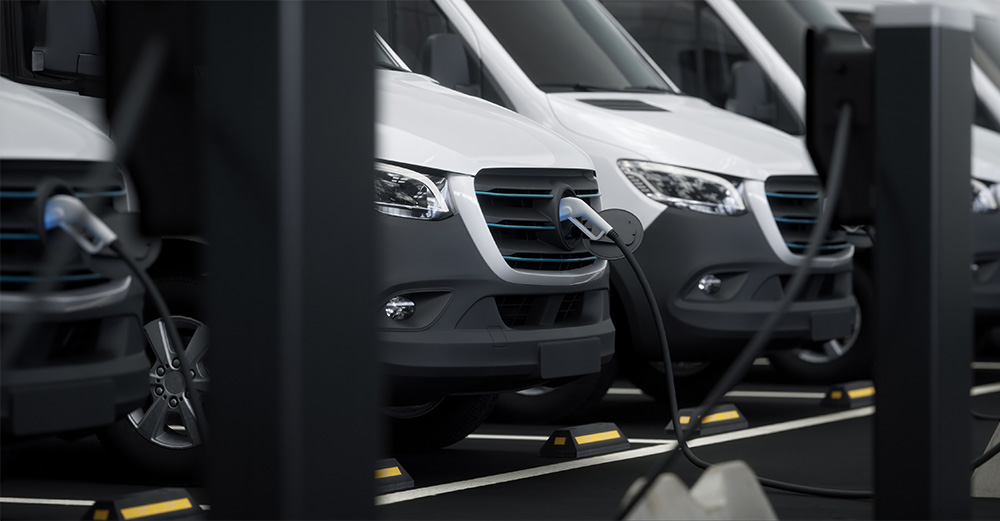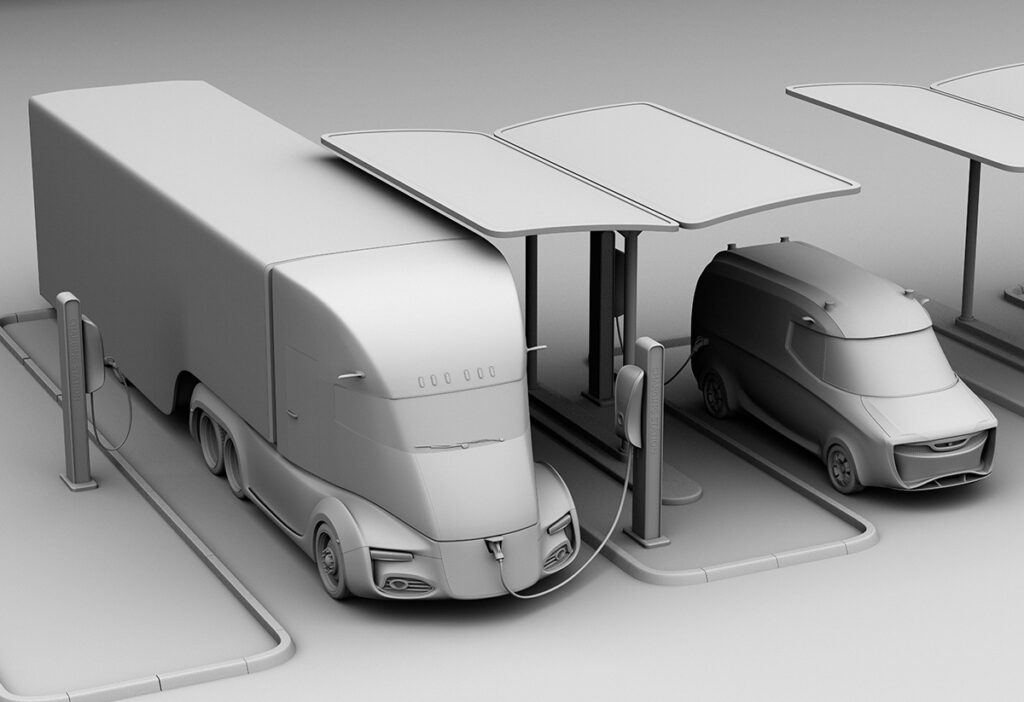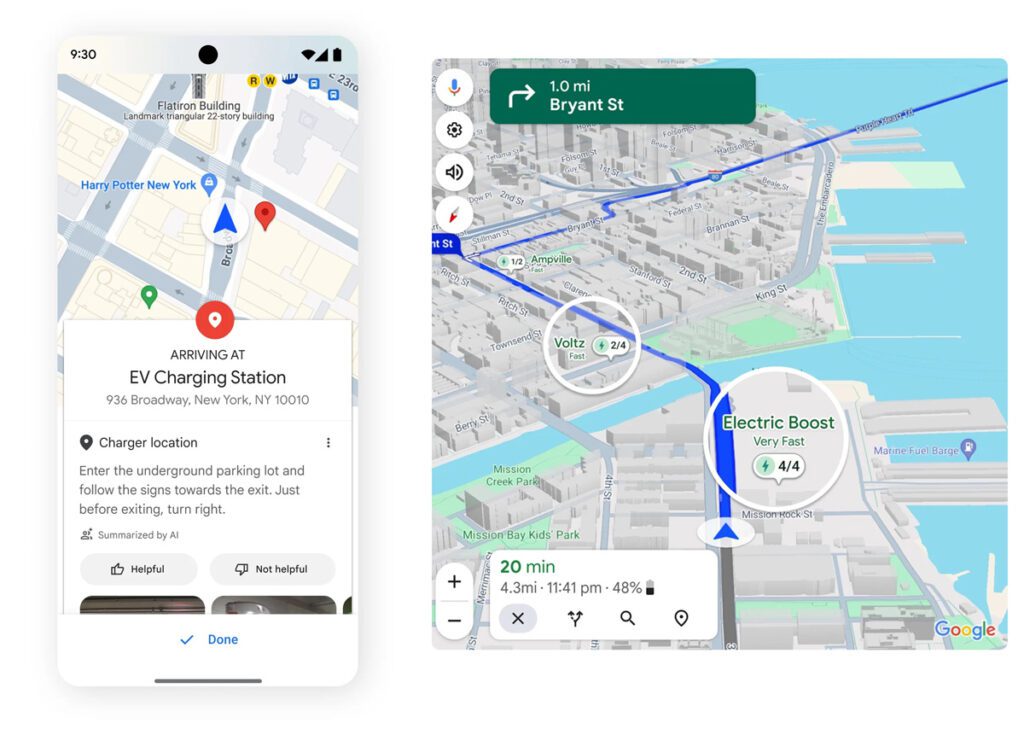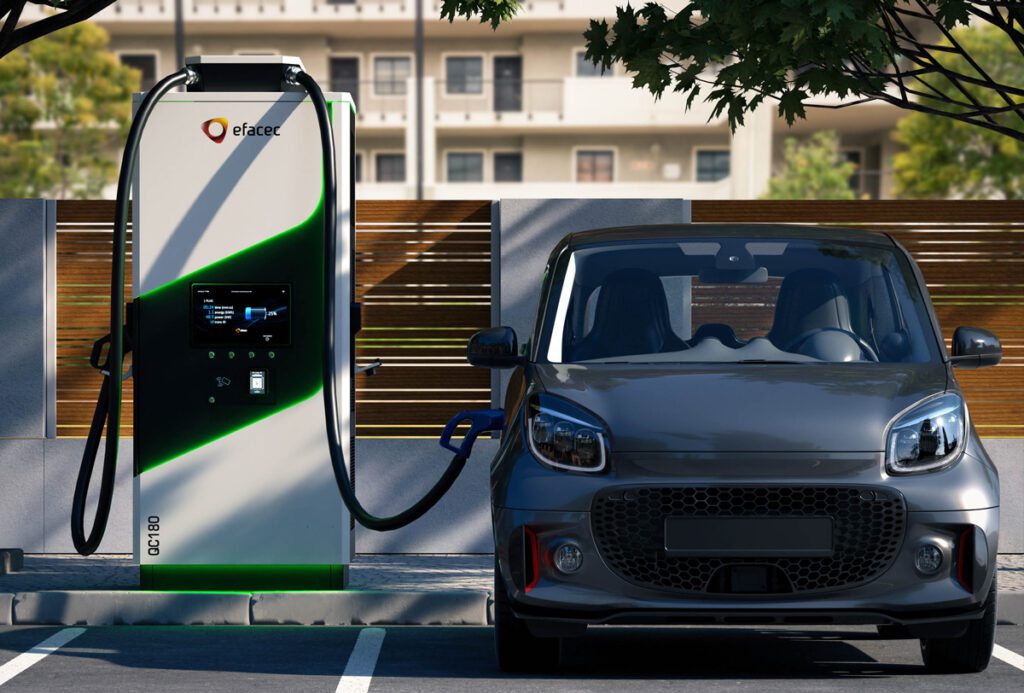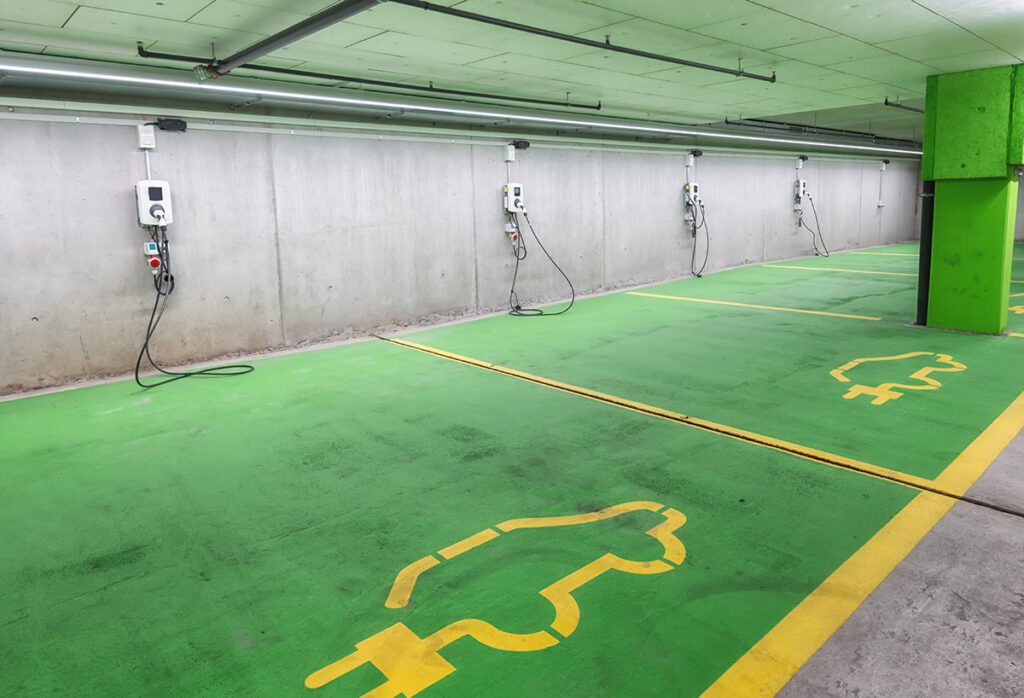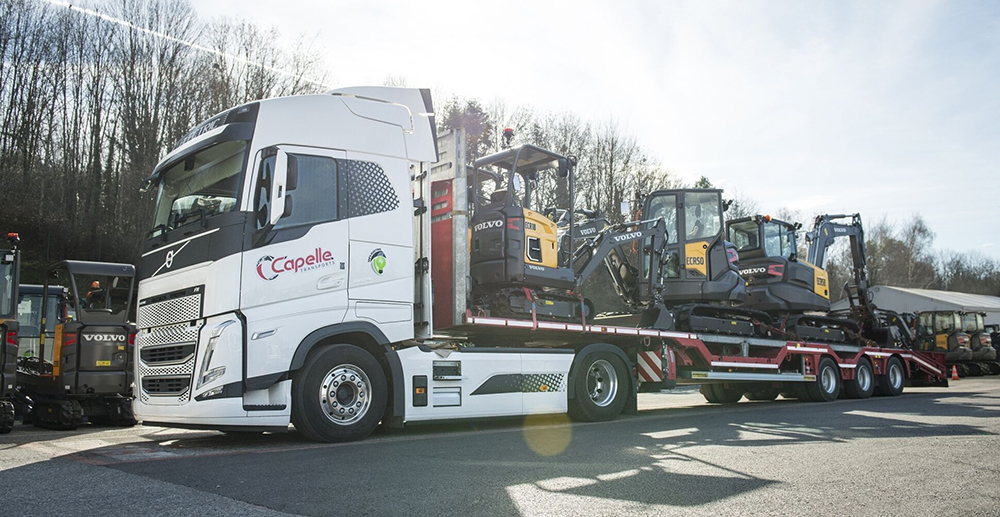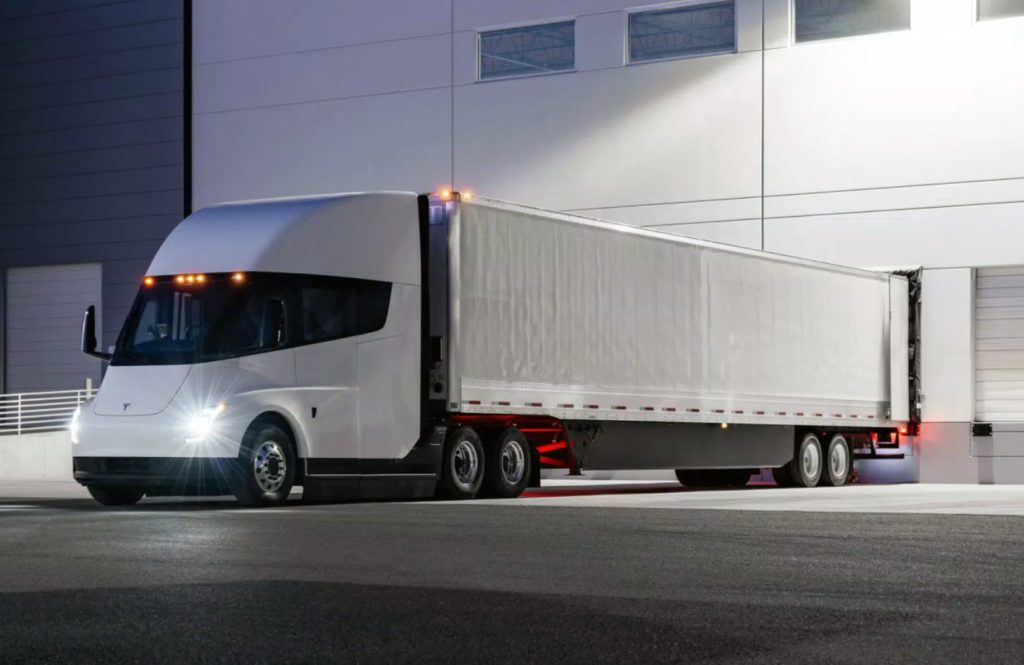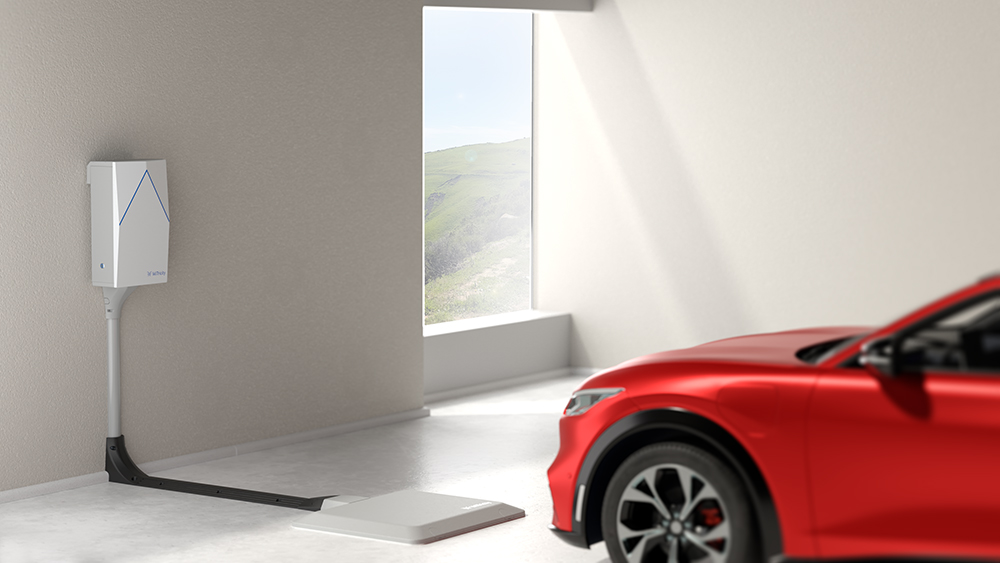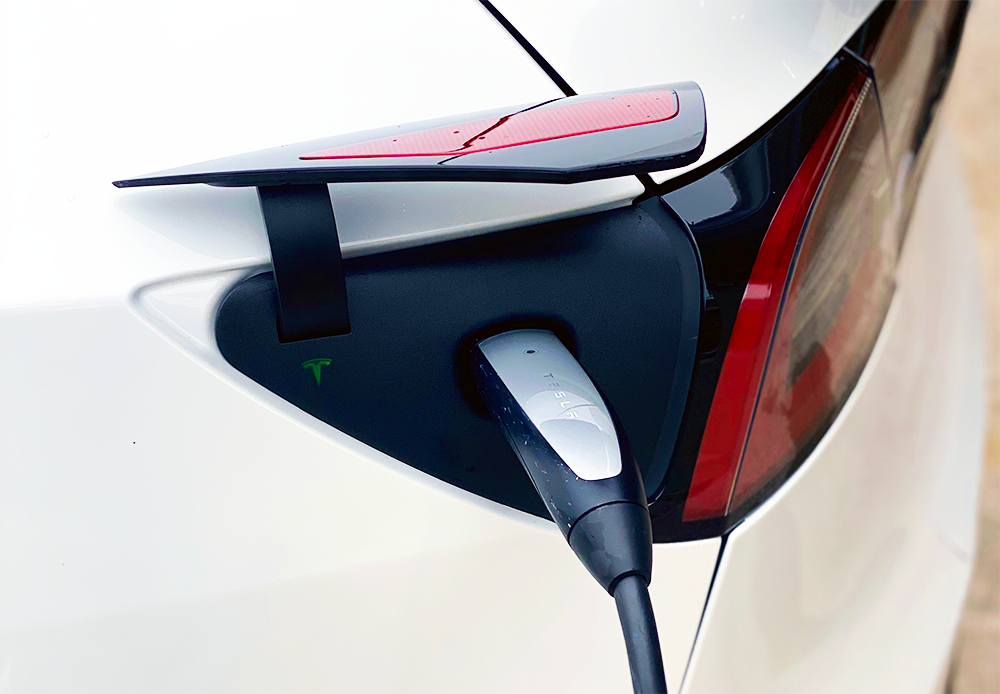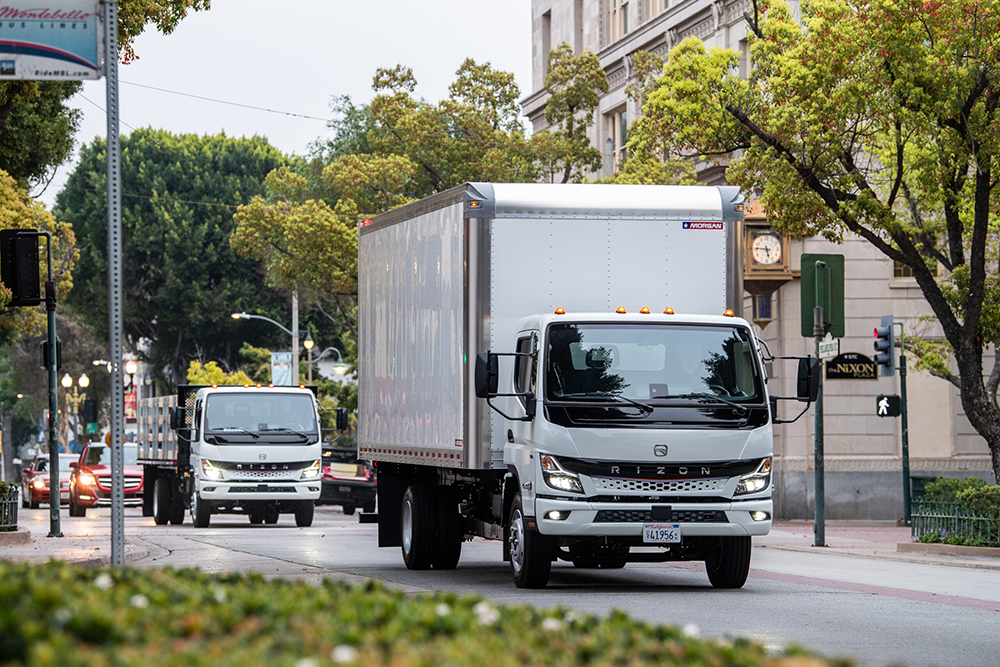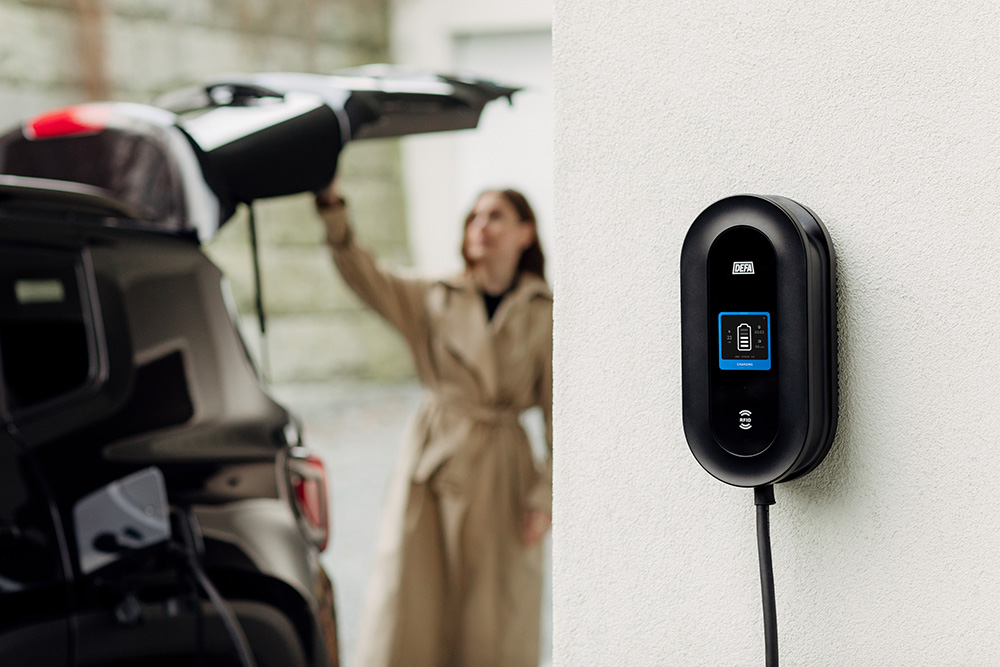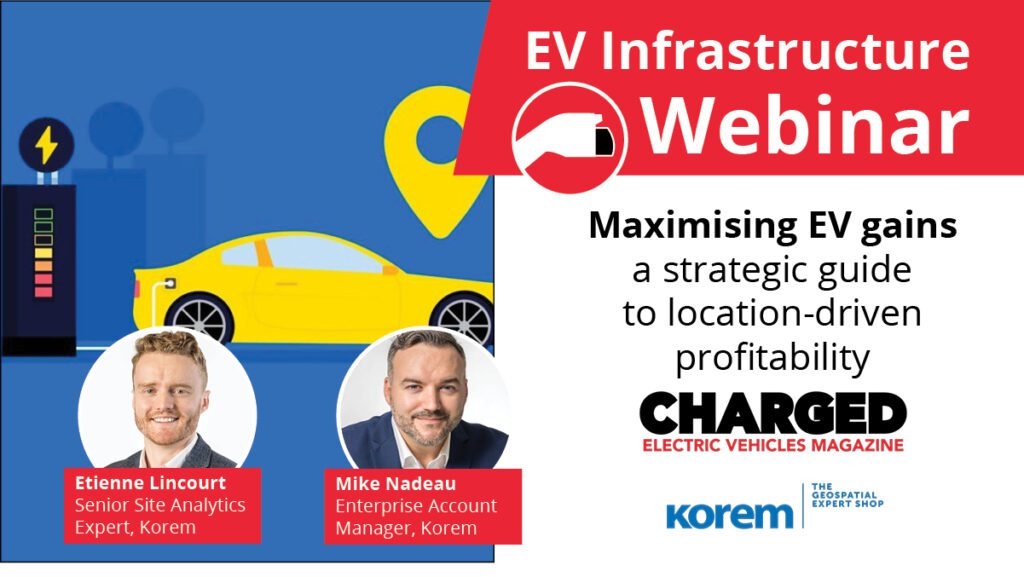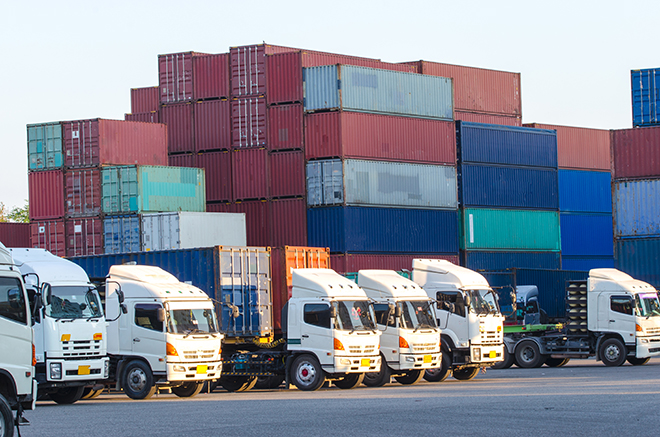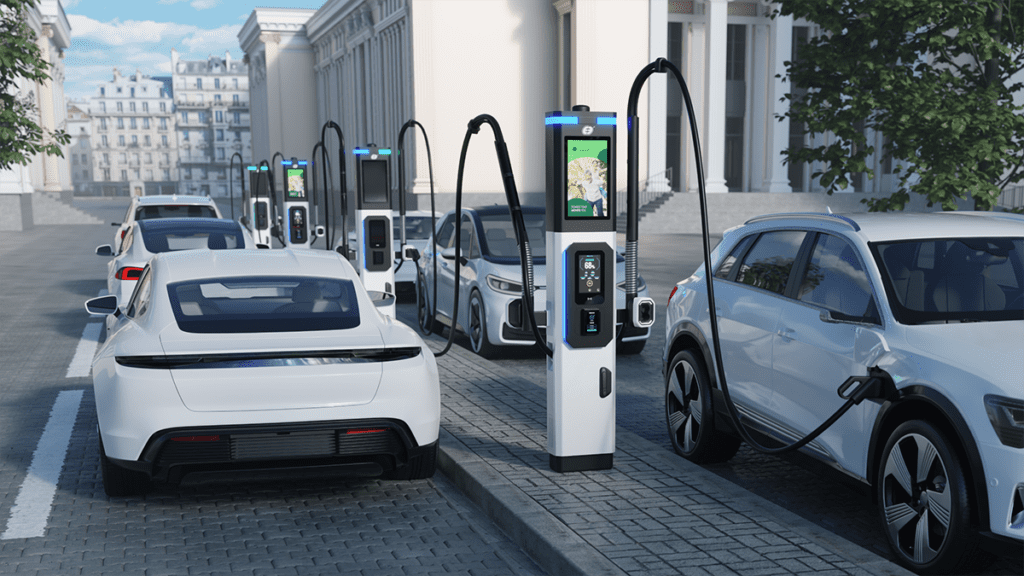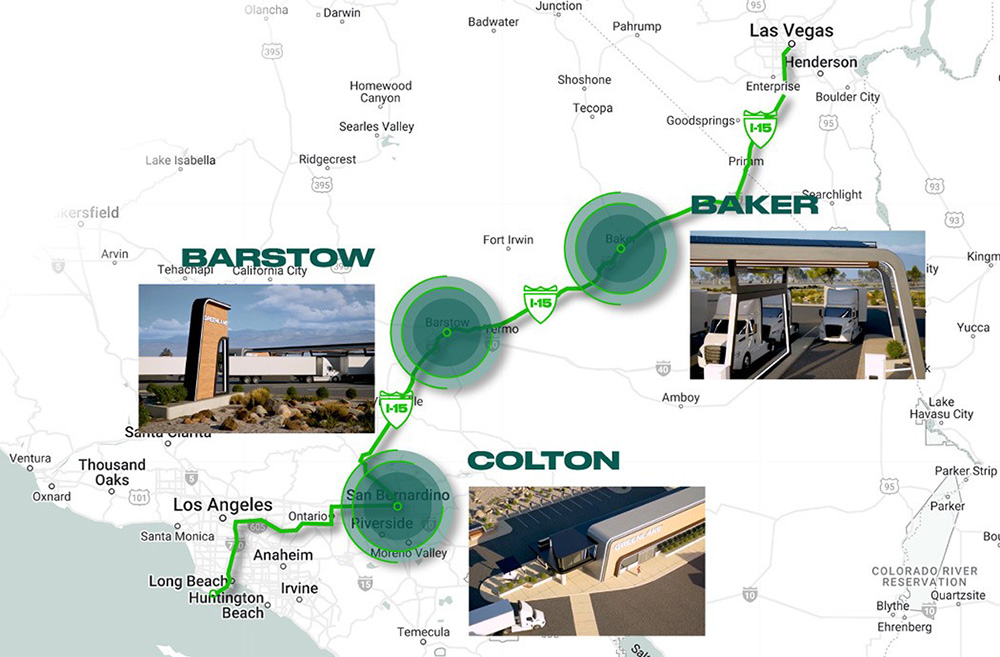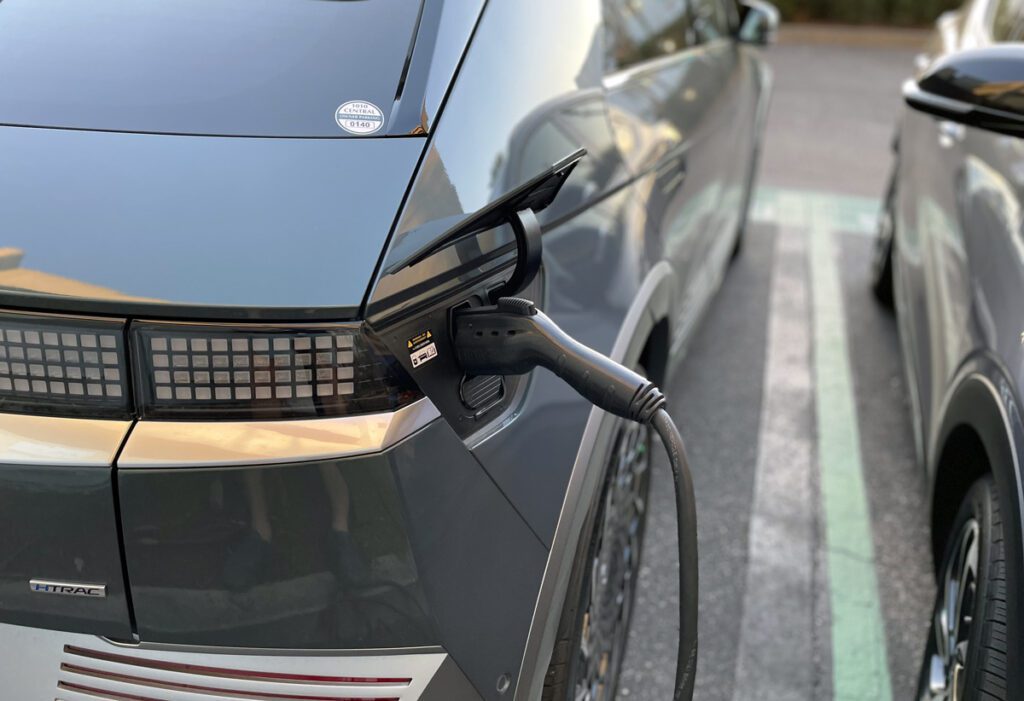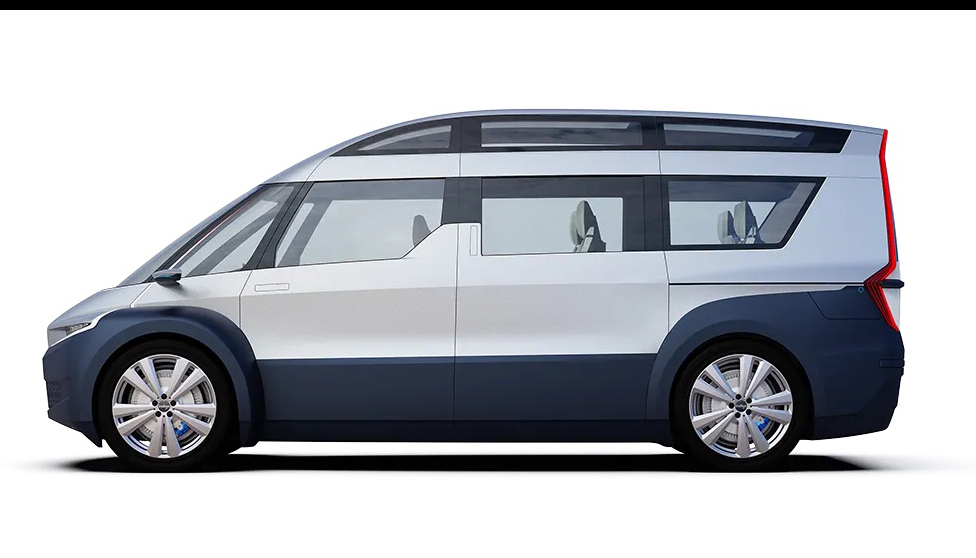A lot of folks were doubtless still digesting the details of Tesla’s near-takeover of the North American public EV charging scene—and along comes another blockbuster development on the infrastructure front.
Seven of the world’s major automakers—GM, Stellantis, BMW, Mercedes, Hyundai, Kia and (oddly enough) Honda—have announced plans to form a joint venture to build a new North American fast charging network in the US and Canada with at least 30,000 chargers. The first stations are expected to open in the summer of 2024.
This is a very big deal. According to the DOE, there are currently about 32,000 publicly available DC fast chargers in the US. Tesla, North America’s largest fast charging provider, operates around 22,000 Supercharger stalls. Electrify America, the next largest, has 3,592 units.
As astute readers may have gathered, some of us at Charged didn’t whole-heartedly join in the near-industry-wide jubilation at Tesla’s recent triumphs. We feared it might not be wise to give so much control over the public charging experience to any one company—especially one with a poor record of meeting deadlines and a grandstanding CEO.
Well, if this new charging initiative pans out as advertised, I think we’ll have to mark those concerns as answered. We’ll get plenty of new state-of-the-art chargers, all open to all EV drivers, and no one automaker will be king of the charging hill.
The new network appears to tick all the boxes, at least going by what the magnificent seven have told us so far (hedged with the usual weaselly “expected to” and “intended to” phrases).
The new charging stations will support both CCS and Tesla’s NACS, and are “expected to meet or exceed the spirit and requirements of the US National Electric Vehicle Infrastructure (NEVI) program.” Each site will be equipped with multiple high-powered DC chargers (350 kW for a starter), powered by renewable energy. Stations will offer all the expected amenities (canopies, restrooms, restaurants and shops). The network will use Plug & Charge technology, and will be integrated with participating automakers’ in-vehicle and in-app experiences.
Each of the seven CEOs made the sort of statement you’d expect: carbon emissions are bad, charging is critical, they’re proud to be involved. Two of them were fairly eloquent:
“What we need now is speed—across political, social and corporate boundaries,” said Mercedes-Benz Group CEO Ola Källenius. “To accelerate the shift to electric vehicles, we’re in favor of anything that makes life easier for our customers.”
“A strong charging network should be available for all—under the same conditions—and be built together with a win-win spirit,” said Stellantis CEO Carlos Tavares.
As usual, several questions remain unanswered. The companies did provide a few more details to Green Car Reports.
- What will the new network be called? Probably something silly, but who cares?
- Will it support Tesla’s NACS V4? 800-volt architecture? Probably—GM and Mercedes are among the automakers that plan to add Tesla’s NACS port to their vehicles.
- How much investment are we talking about? The automakers plan to leverage both public and private funds, and are open to investment from other automakers or other companies in or out of the auto industry. Considering that a typical fast charger can cost in the neighborhood of $100,000, industry execs told Reuters that the JV’s budget will likely run into multiple billions. “The investment will be far less through this partnership than building individual charging networks,” said Akshay Singh, a partner at consultancy PwC Strategy.
- GM and Mercedes have both already announced significant investments in North American fast charging networks—are these plans affected? No. GM said the new venture “won’t change GM’s existing commitments or collaborations.”
- Is there an antitrust issue? Andre Barlow, an antitrust attorney with Doyle, Barlow and Mazard, told Reuters that the Justice Department would likely review the deal. However, the White House has already issued a strong statement of support.
Sources: BMW, GM, Honda, Hyundai, Kia, Mercedes, Stellantis; Green Car Reports; Reuters


